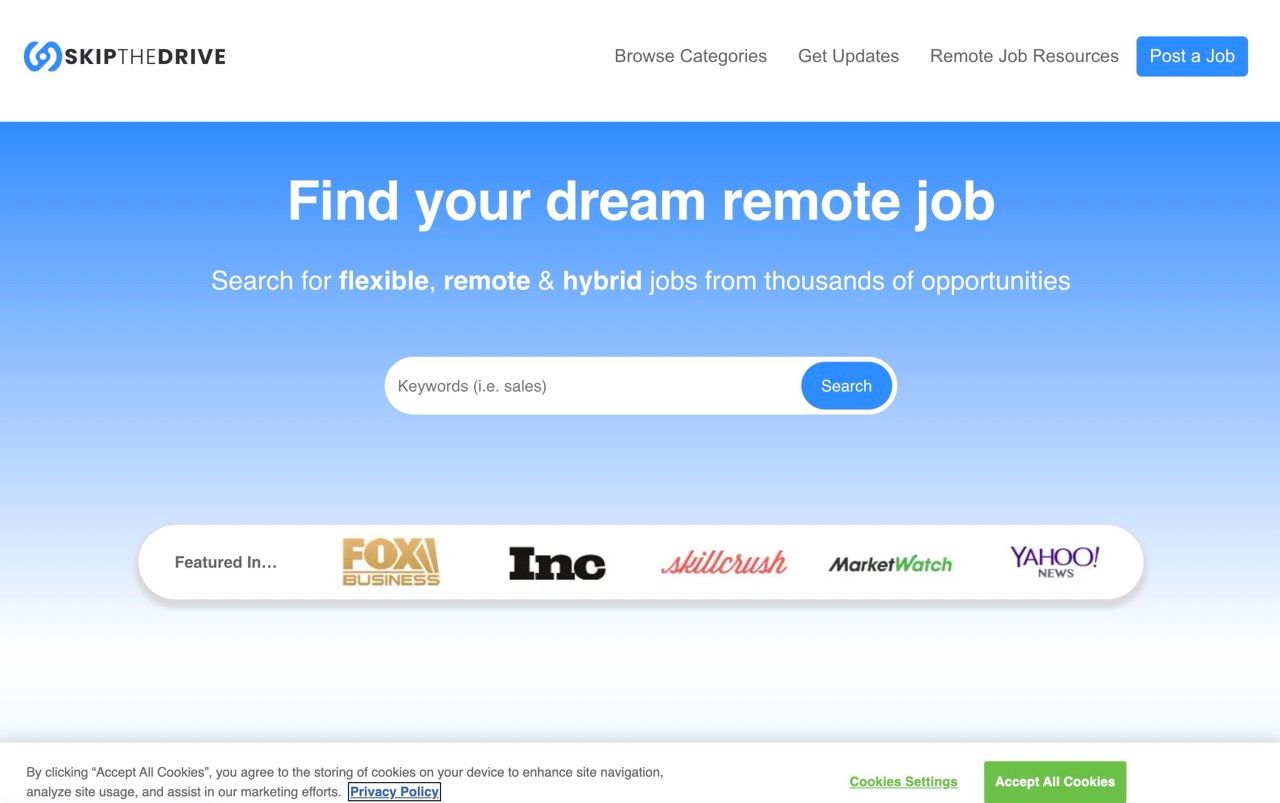
Sarah Francis
In recent years, remote work has gained significant momentum globally, and Egypt is no exception. With the rise of digital platforms, freelancing opportunities, and global businesses looking for talent anywhere in the world, remote working has become a viable and desirable option for many Egyptians. Whether you want to work for a company in Egypt or land a job with an international organisation, here’s a step-by-step guide to help you navigate the process of landing a remote job in Egypt.
1. Identify Your Niche and Skill Set

Before diving into the job market, it’s essential to assess your skills and determine the type of remote work you’re qualified for. Several fields are particularly well-suited for remote work, including tech roles such as software development, web design, AI, data science, quality assurance, and IT support. Creative fields like graphic design, content writing, copywriting, video editing, and digital marketing also offer numerous remote opportunities.
Additionally, marketing roles such as social media management, SEO, and content creation are in high demand. Business positions like project management, customer support, virtual assistants, and sales are also viable options, as well as educational roles such as online tutoring, curriculum design, and teaching.
2. Create an Impressive Portfolio and Resume

Your portfolio is your digital resume, especially if you’re in a creative or technical field. Even if you are just starting, consider developing one to portray your work, whether that is through GitHub for code, Behance for design, or writing samples for content creation. Here are a few tips for building an effective portfolio:
Firstly, tailor Your CV for remote work by highlighting any relevant experience or projects where you’ve worked with international clients or teams. Secondly, include a personal website. If you are a designer, developer, writer, or in any field where you produce tangible work, having a personal website can set you apart from the competition. You may also use social media where LinkedIn is crucial for job searching, but platforms like Instagram and Twitter can also show your expertise.
3. Utilise Remote Job Platforms

Several platforms specialise in remote job opportunities. You can check global platforms, such as We Work Remotely, Remote OK, FlexJobs, Remotive.io, AngelList (for startup jobs), and freelance platforms like Upwork and Fiverr. You can also focus on regional or Egypt-specific platforms, such as Wuzzuf (Use the “remote” filter), Forasna and Facebook groups.
4. Strengthen Your Online Presence

Your online reputation matters in the remote job market. Employers want to know you’re trustworthy, dependable, and skilled before hiring you, especially from across the globe. Optimise your LinkedIn profile by clearly stating that you’re open to remote opportunities. Focus on active networking; join remote work forums, LinkedIn groups, or Slack channels where like-minded professionals discuss opportunities.
5. Start Freelancing to Build Experience
If you are new to remote work, freelancing is a great way to gain experience and build a portfolio. Start small by taking on freelance projects through platforms like Upwork, Freelancer, or Fiverr. As you gain more experience and build a reputation, you can apply for longer-term contracts or full-time remote roles. Freelancing gives you the flexibility to work with clients from different parts of the world and affords you the freedom to choose your preferred projects.
6. Prepare for Remote Work Culture

Working remotely is not just about having the right skills. It is about adapting to a different work culture. You have to maintain self-motivation, good communication skills, time zone awareness and familiarity with digital tools.
7. Apply for Jobs Consistently and Tailor Your Applications

Remote jobs can be highly competitive, so consistency is key. Tailor each application to the specific role, and ensure your CV and cover letter align with the job description. Personalise your cover letter to show the hiring manager that you’ve researched the company and understand the role. If you haven’t heard back in a week or two, it’s okay to follow up politely.
8. Handle Payments and Legal Aspects

As a remote worker in Egypt, it’s important to handle payment methods and legal aspects professionally. Use international payment platforms like PayPal, Wise, or Payoneer to receive payments from clients globally. If needed, consider setting up as a freelancer under Egyptian law and understand the tax implications of working remotely.
recommended
 Cafés
Cafés
Bite Into the Croffle Craze: The Best 5 Spots to Try Croffles in Cairo
cafes cairo +2 City Life
City Life




